Membrane Separations: Ultrafiltration and Reverse Osmosis Skid
What is Ultrafiltration?
Ultrafiltration is a membrane-based filtration process that operates on the principle of molecular size exclusion. This technique is particularly valuable in applications where the separation of macromolecules and particles from a liquid stream is required. The primary purpose of ultrafiltration is to selectively remove or concentrate macromolecules such as proteins, enzymes, polysaccharides, and other large molecules from a liquid solution. It achieves this by utilizing a semi-permeable membrane that acts as a molecular sieve, allowing smaller molecules and solvent to pass through while retaining larger particles.
Ultrafiltration Applications
Ultrafiltration has applications in a wide variety of contexts including food processing, bio-pharmaceuticals engineering, wastewater treatment, and more.
Ultrafiltration Advantages
Ultrafiltration offers several advantages over traditional filtration methods. It operates at relatively low pressures, reducing energy consumption and minimizing the risk of damaging sensitive molecules. Furthermore, it can be easily integrated into existing process streams and offers high separation efficiency with minimal product loss.
Features and Specifications of Bio-Process Group UF / RO Skid
Small Micro 240 test module for membrane tests
Allows for small scale testing of both UF and RO membranes
Five 4” x 48” stainless steel UF modules
Loaded with 1/2” 4k Dalton ES-404 type tubular membranes
Feed flow rate of 8-10 GPM (1817-2271 LPH)
4’ spiral wound RO system


